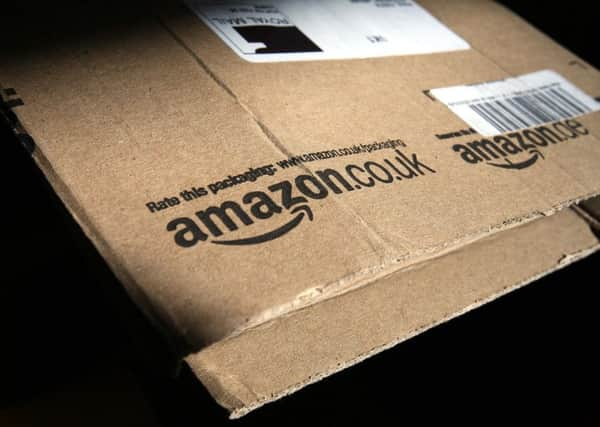John Bird: Closing libraries will lead to more ills in our society


When government departments cut budgets in one particular area, it tends to find a manifestation in another area. For instance, if you start cutting the number of libraries – we have lost more than 500 since 2010 – you are building up a bill that will occur in another part of government.
It will be shifted into disorder, crime, problems for schools and the fact that children will not be able to get a job because they will not have the skills and abilities. So if you wish to cut libraries, please do so — but do it on the basis that you build more prisons and more hostels for homeless people and put higher walls around your house.
Advertisement
Hide AdAdvertisement
Hide AdIt is not just this Government or the previous government or the government before that; it will be the Government again. There seems to a real problem about understanding budgets.
As I have said, more than 500 libraries have been cut and nearly 9,000 librarians have gone in the past five years. That is in spite of the fact that in 1964 a law was passed making it a statutory requirement for local authorities to provide a proper library system. That was their duty — so how can you lose 500 libraries?
Libraries are essential, yet what is happening is that they are being cut. I recommend that Her Majesty’s Government supply some emergency relief money to stop local authorities doing this dastardly deed, this process of philistinising our communities. That is one thing they must do.
Another thing they must do is make sure that every school in the country has a library. Many schools do not. Think again. If we make a saving here, we will make a loss elsewhere. Health, sociability, work and all other issues will come into play. I beg us all, before we allow another library to be lost or librarian laid off, to think seriously whether this a saving.
Advertisement
Hide AdAdvertisement
Hide AdIf we save our libraries, what about our high streets? What about the fact that we are losing bookshops? We have lost more than 450 since 2010. What do we do with bookshops? What are they? Bookshops are places where you buy books. They raise the intellectual temperature of a city, a neighbourhood or an area.
We all love books. We all want to read books and we all buy many more than we can read. It is an insatiable appetite because we realise the importance of books and literature.
What do we get when it comes to the bookshop? Interesting data were given to me, not directly, by Mr Richard Fuller, the Conservative MP for Bedford. He wanted to know why a bookshop trading on the high street in Bedford pays £850 a square metre in rates while somebody also selling books 11 miles away pays £50 a square metre.
The first is a bookshop – I think it is Waterstones – which has to up its game, sell many more books and look for all the savings it can to pay that enormous amount of money. Then, 11 miles away on some kind of trading estate, there is a vast place, as vast as the 13 or 14 others that the company (Amazon) has, which pays 50 quid a square metre.
Advertisement
Hide AdAdvertisement
Hide AdBefore the bookshop in Bedford has sold one book, the ground is uneven. Another advantage is that, in 2014, Amazon paid in the region of £11m for activity in the United Kingdom of £5bn. It paid that in Luxembourg. If any one of us were to spend £1 anywhere in the United Kingdom, we would expect part of it to go to the Inland Revenue — or whatever they call it now. You would expect that, would you not? But by some magic process, a lot of that activity gets removed and a lot of the money ends up somewhere else. The British pound is converted, I presume, into a US dollar and ends up in Seattle.
Bookshops are an essential part of the community. They raise the culture. I started The Big Issue 25 years ago. We are having our 25th birthday event on Wednesday, October 19. One of the reasons I started it was my absolute commitment to literacy. I am not talking about just the literacy of books but social literacy – the literacy of being together, of working together, of loving each other, rather than being against each other in whatever way.
Since I started The Big Issue we have put an enormous effort into literacy, probably under my influence because I spent the first 16 years of my life unable to read and write and I had to rely on Her Majesty’s Prison Service to teach me how.
Let us defend the bookshops. Let us make bookshops work. Let us reverse the process. Let us not allow a situation where a behemoth has grown among us – Amazon — which sells 97 per cent of all our e-books. If Amazon were a newspaper, it would be in a monopoly position and the Houses of Parliament would be all over it.
John Bird is the founder of The Big Issue, a social entrepreneur and cross-bench peer. He led a Lords debate on libraries and bookshops – this is an edited version.